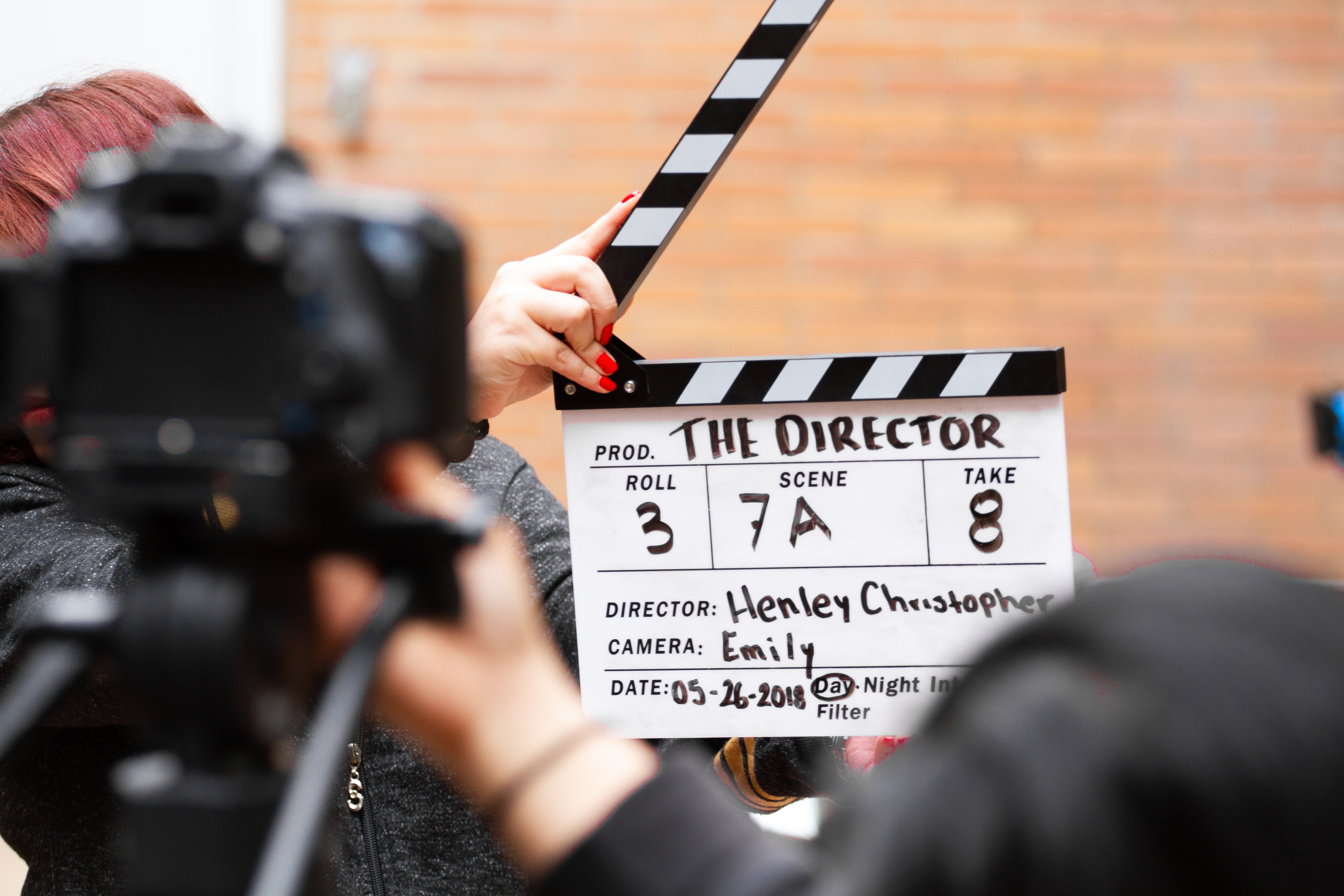
“ But I don’t want to follow the script! I hate scripts.”, I commented emphatically to a colleague while discussing a professional experience I had had a few years ago.
“Me neither”, agreed my colleague Sarah, “Whenever I try a new recipe, I can’t just follow the instructions, I have to add my own personal twist to it.”
“And why color in the lines when there is so much beautiful white space around it?”, I asked.
“Yes, because the lines are what someone else did. The shape is someone else’s creation.”, she added.
“And we can’t do anything original if we just draw within the lines. Hey, a new expression: when you change things up, it’s a case of Sarah’s script!”, I laughed.
Indeed, why do things as they have always been done? After all, if you don’t change the script, you can’t expect a different ending.
So, what’s this got to do with your language learning class or work situation? Three things: mindset, motivation and mastery.
- Mindset. Carol Dweck wrote an amazing book about the mind of the learner (Mindset: The New Psychology of Success. How we can learn to fulfill our potential, Ballantine Books, 2006). She explained that when you are in a learning situation (which in my opinion, is pretty well all the time!), and you keep in mind that you will take risks, stick your neck out, make mistakes, and remember that that is okay, then you’ll make progress in whatever it is you are learning. That is what the growth mindset is all about: making mistakes and continuing to lean in and grow. If, however, you get stuck, and choose to stay stuck, and stop wanting to learn, then you’ve fallen prey to a fixed mindset. Maybe it’s time for Sarah’s Script! Change up the ingredients a bit. As Dweck encourages: “Next time you’re in one of those situations, think about learning and improvement, not judgment – and hook it back up.”
- Motivation. Daniel Pink eloquently explained how personal purpose drives humans to outperform themselves in his book entitled Drive: The Surprising Truth Abut What Motivates Us, Riverhead Books, 2009). If you’re having a hard time learning how to use real conditional sentence structures, you’ll find a way to learn them because you want to be able to negotiate with that supplier in Colorado quicker, and be able to get home in time to coach your son’s hockey team. Take it from Pink: “The science shows the secret to high performance isn’t our biological drive or our reward-and-punishment drive, but our third drive – our deep-seated desire to direct our own lives, to extend and expand our abilities, and to make a contribution.”
- Mastery. I have studied eight languages. And I always emphasize the verb ‘studied’ because I am not fluent in those eight languages. I don’t study them or practice them near enough. And as long as that is the case, then I will continue to say that I have studied eight languages! However, I can say that I have mastered two: English and French (btw, I do get by in Spanish, but I don’t master it). Mastery is the reward of consistent study and practice. And that calls for Sarah’s Script on a regular basis. You have to change things up to keep motivated to study and practice. Robert Greene gave a list of different ways to keep yourself on the path to mastery in his book called Mastery (Penguin Books, 2012). He recommends: “keep expanding your horizons, revert to a feeling of inferiority, trust the process, move toward resistance and pain, apprentice yourself in failure and advance through trial and error”.
The next time you’re stalling in that steep learning curve, try Sarah’s Script and change up the ingredients so you can lock in your growth mindset, stay motivated and climb towards mastery.
Lights, camera, action!

